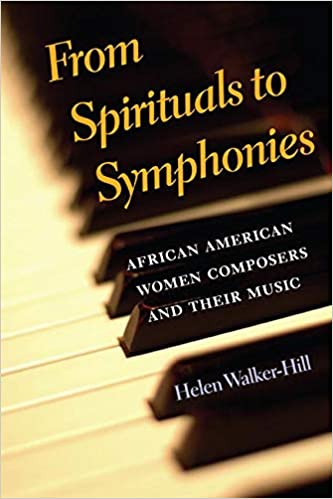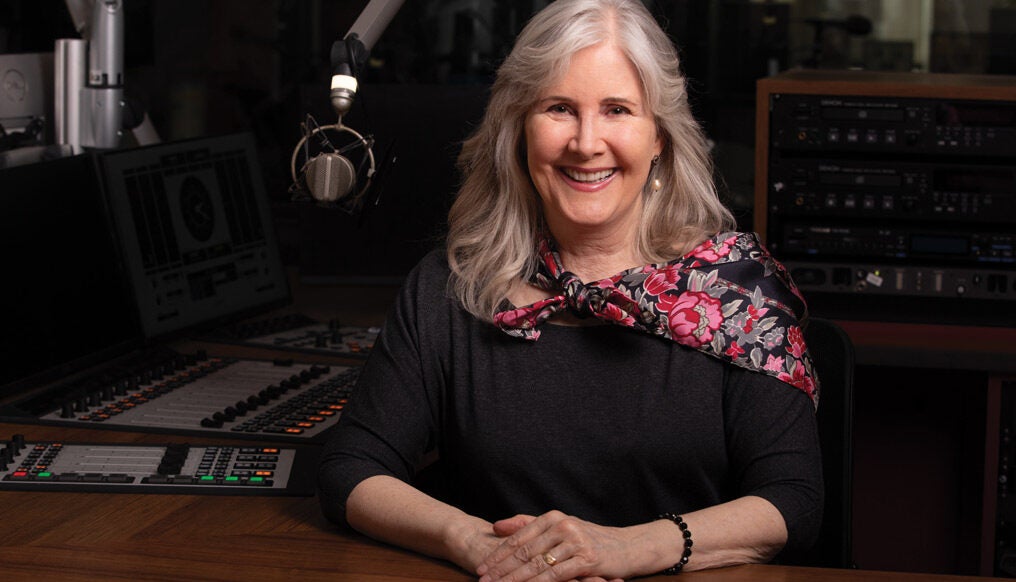From my earliest days growing up in Milwaukee, Wisconsin, in the U.S., I was ‘surrounded’ by music. My dad, who owned a jazz nightclub in Milwaukee, was a ‘true-to-the-bone’ jazz fan and live music enthusiast who managed to find a white baby grand piano which sat proudly in the back of the club. My mother played percussion in high school and was an unwavering disciple of all things rhythm and blues. Mama passed on to me her inspiration fostered by her mother, a concert artist who performed art songs, sacred music like early gospel, spirituals, and favorite hymns resonating in African American churches in the 1930s and 1940s.
Over the years, I carved out my musical path with a budding interest in Eurocentric classical vocal music. However, not without my mother’s ever-present voice reminding me well into my adult life of my womanist training and obligation to edify and celebrate women – specifically African American women in all that I do. Today, I not universally embrace my mother’s ideology regarding women, but I purposely celebrate women in music.
In 2008, I added Walker-Hill’s book to my library, and now I’m re-connected with its examination and introduction to African American women composers whose ‘musical voices’ rarely heard.
And besides being a reliable, well-written, and scholarly reference text, “From Spirituals to Symphonies” fairly addresses the challenge and often the pejorative practice of lumping artists, especially women, into a specific category or school of thought in fields including but not limited to the arts. This idea is worthy of consideration and respect.
That said, historical books like those written by Walker-Hill offer a viable opportunity to inspire others, particularly young Black girls and boys who struggle to find, watch, listen to, and learn from potential role models as a possible pathway or bridge to a fulfilling life and career in music. This is, in my view, an excellent thing. –Jonathan
University of Illinois Press, 2007
“Helen Walker-Hill’s unique study provides a carefully researched examination of the history and scope of musical composition by African American women composers from the nineteenth and twentieth centuries. Focusing on the effect of race, gender, and class, From Spirituals to Symphonies notes the important role played by individual personalities and circumstances in shaping this underappreciated category of American art. The study also provides in-depth exploration of the backgrounds, experiences, and musical compositions of eight African American women including Margaret Bonds, Undine Smith Moore, and Julia Perry, who combined the techniques of Western art music with their own cultural traditions and individual gifts. Despite having gained national and international recognition during their lifetimes, the contributions of many of these women are today forgotten.”
News with a little more humanity
WPR’s “Wisconsin Today” newsletter keeps you connected to the state you love without feeling overwhelmed. No paywall. No agenda. No corporate filter.
Wisconsin Public Radio, © Copyright 2025, Board of Regents of the University of Wisconsin System and Wisconsin Educational Communications Board.







